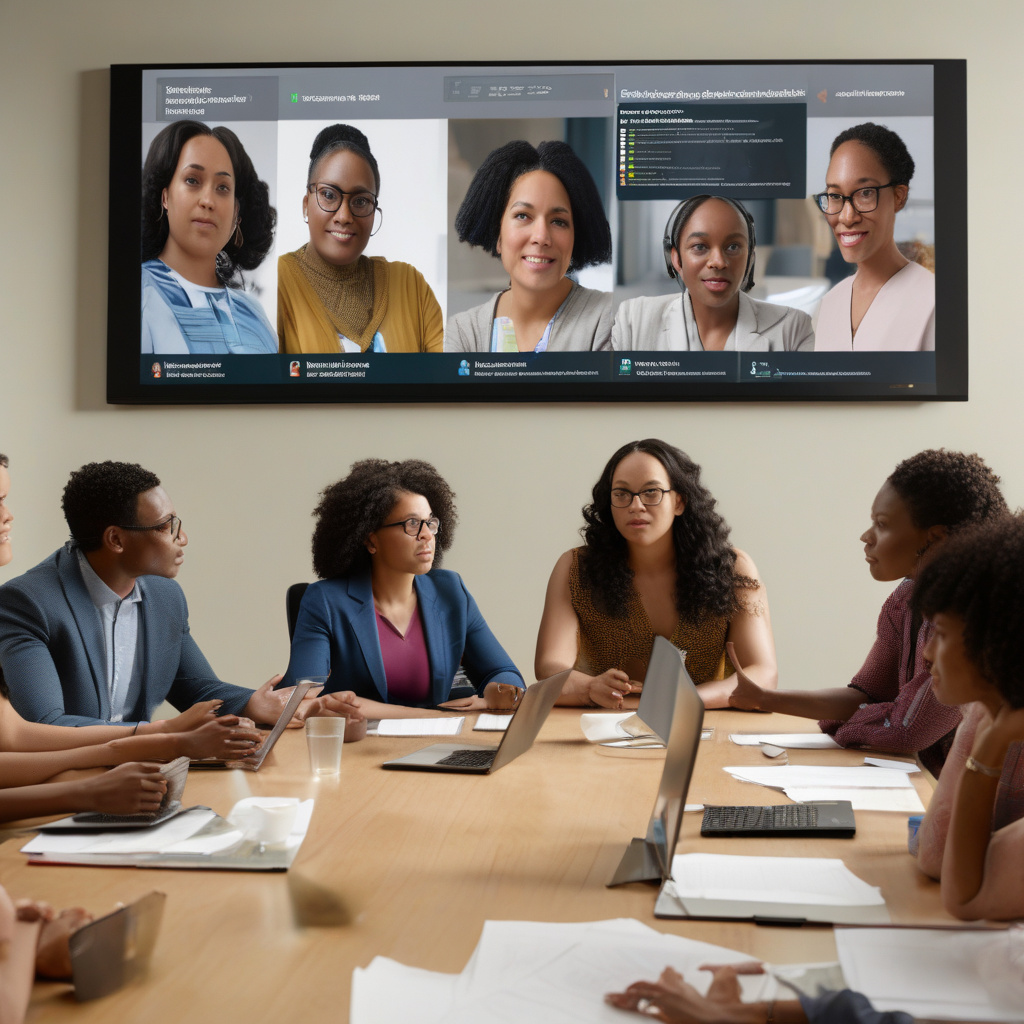Capacity Building and Inclusion Identified as Key Focus Areas in WSIS+20 Review at IGF Oslo
The recently concluded World Summit on the Information Society plus 20 (WSIS+20) review at the Internet Governance Forum (IGF) in Oslo shed light on the persistent gaps in digital access and skills that continue to challenge global efforts towards a more inclusive digital society. One of the key takeaways from the review was the urgent need for capacity building initiatives and inclusive policies to address these gaps effectively.
Capacity building emerged as a central theme during the discussions at the WSIS+20 review, with stakeholders emphasizing the importance of equipping individuals and communities with the necessary skills to harness the full potential of the digital revolution. In today’s rapidly evolving digital landscape, the ability to leverage digital tools and technologies is essential for participation in the modern economy and society. However, many individuals, particularly in underserved communities, still lack the skills and knowledge needed to navigate the digital world effectively.
Inclusion was another critical area of focus during the WSIS+20 review, as participants highlighted the importance of ensuring that all segments of society have equal opportunities to access and benefit from digital technologies. While the digital divide has narrowed in some regions over the past two decades, significant disparities persist, particularly in terms of gender, geography, income level, and education. Addressing these inequities requires comprehensive strategies that prioritize digital inclusion and aim to create a more level playing field for all individuals.
The discussions at the WSIS+20 review underscored the need for collaborative efforts between governments, civil society, private sector, and international organizations to drive meaningful change in the digital space. By working together to develop and implement inclusive policies, expand access to digital infrastructure, and provide training and support for digital skills development, stakeholders can help bridge the existing gaps and build a more inclusive and equitable digital society.
One example of a successful capacity building initiative highlighted during the WSIS+20 review is the Digital Skills for All program, which aims to provide individuals from underserved communities with the training and resources needed to thrive in the digital economy. By offering online courses, workshops, and mentorship opportunities, the program has helped thousands of individuals enhance their digital literacy and secure employment in the tech sector.
In terms of inclusion, the Gender Equality in Tech (GET) initiative was recognized for its efforts to promote gender diversity and inclusion in the technology industry. Through mentorship programs, networking events, and advocacy campaigns, GET has worked to empower women and non-binary individuals to pursue careers in tech and overcome the barriers they often face in male-dominated fields.
As the digital landscape continues to evolve, it is essential for stakeholders to remain vigilant in addressing the gaps in digital access and skills that persist around the world. By prioritizing capacity building, fostering inclusion, and promoting collaboration, we can work towards a more equitable and inclusive digital future for all individuals.
WSIS+20, IGF, Digital Access, Digital Skills, Inclusion
